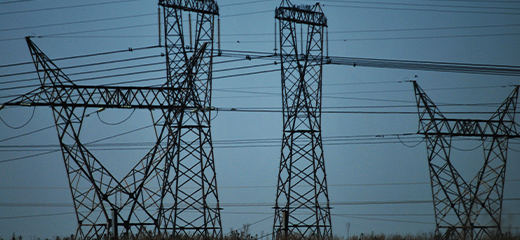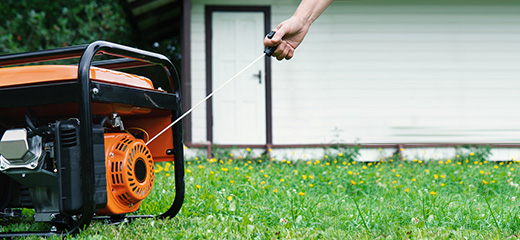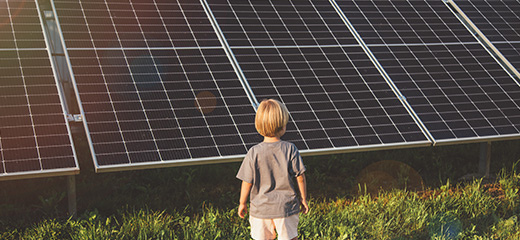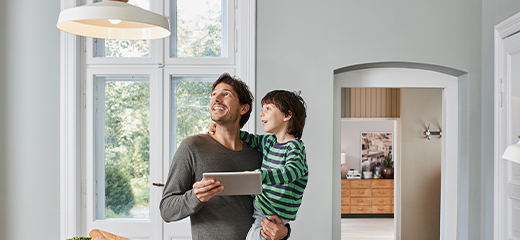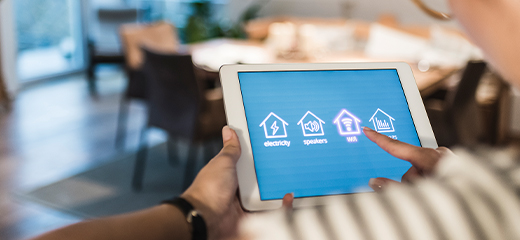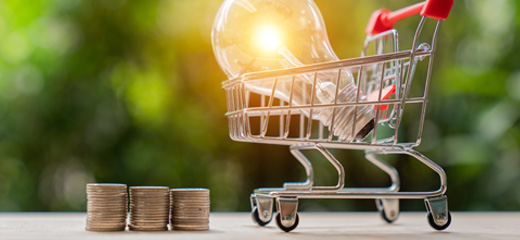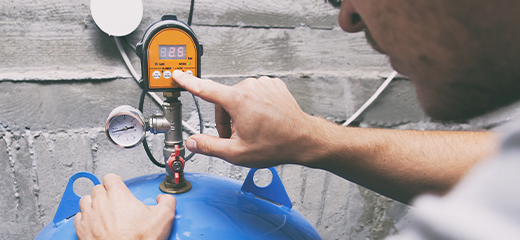
Frequently asked questions: Inverters
There appears to be no end in sight for South Africa's loadshedding problem; and ageing infrastructure, faults, theft and sabotage are only making matters worse. The trend of extended blackouts is placing considerable strain on households and, for those who are now working from home, the problem extends beyond cost to loss of income.
Unsurprisingly, homeowners are looking for alternative power solutions to step in when the electricity supply is hampered, and inverters have become a popular choice. If you're considering purchasing an inverter, these are the answers to some of the questions you may have.
How does an inverter work?
An inverter is a device which converts alternating current (AC) power supply into direct current (DC) and vice versa. This means the device can convert conventional residential electricity into the power used by batteries to charge and back again when conventional electricity output is required from the batteries.
How is an inverter system set up?
The inverter system set-up is quite simple. One or more batteries are connected to the inverter and then the device is plugged into a power point. While normal residential electricity supply is available, the inverter charges the battery until they have reached capacity. When normal electricity supply is interrupted, the inverter switches over – automatically or manually, depending on the model – to output mode drawing power from the batteries, converting to AC and providing electricity through the built-in plug points in the inverter.
What are the different types of inverters?
Typically, inverters offer either pure or modified sine wave supply. A pure sine wave device offers less electrical interference making it perfect for sensitive electronics and appliances. However, pure sine wave inverters are more expensive than a modified sine wave device, so investigate the items you wish to power from your inverter before making a decision.
What are the advantages of an inverter system?
Unlike generators, inverter systems are very quiet, do not emit fumes and can be kept and run indoors. For people living in sectional title complexes and under homeowners' associations that do not allow generators, inverters are often the most effective option.
What are the drawbacks of an inverter system?
Inverter systems are limited by the capacity of the battery storage. Once this runs out, you have to wait for normal electricity supply to be restored to recharge the batteries.
What size inverter do I need?
When deciding on an inverter and battery backup system, there are many elements to consider. To start with, make a note of the watt requirements of all the items you would like to run off your inverter system and add this up (1 000 watts = 1 kW). Next, consider how long you would like these items to be powered by your inverter system. With this information on hand, you will know how much power output will be required from your inverter as well as the capacity requirements for your batteries. Ideally, your requirements should be no more than 75% of your inverter and battery bank's capacity to prevent overloading.
Can I install the inverter myself?
Many inverter systems come complete in a handy mobile box with the batteries already connected, however, this does not mean you cannot install an inverter or connect batteries yourself. Make sure to read the manufacturer's instruction manual closely before you begin as dealing with electricity can be dangerous if you do not follow the directions. If you choose to set-up and install your inverter system yourself, ensure the batteries are stored in a place where children and animals cannot reach them.
Can I use a car battery with my inverter system?
No, automotive batteries are not suitable for running for long periods. For your home inverter system, you should select 'deep cycle' batteries which are designed to provide continuous power over a longer period and manage frequent charging and discharging cycles.
Can I leave my inverter system outdoors?
No, your inverter system needs to be protected from the elements at all times. Make sure it is not positioned near a heat source either.
Can I use my inverter for my solar installation?
This will depend on the type of inverter you select as while many are solar-ready, most off-the-shelf inverters are not. If your inverter is not solar-ready, you will need a solar conversion kit or a solar charge controller to use in conjunction with your inverter.
How much maintenance will my inverter system require?
While your inverter device will run for years without much needed in the way of maintenance, the same cannot be said for batteries. You will need to make sure your batteries are kept in a well-ventilated area and are discharged at least once a month to keep them in good condition. Nevertheless, you will need to replace all the batteries every 3 to 5 years as swopping out just one battery and leaving an old battery in place can damage the inverter itself.
Head to LookSee for a range of quality power solutions with convenient financing options.
